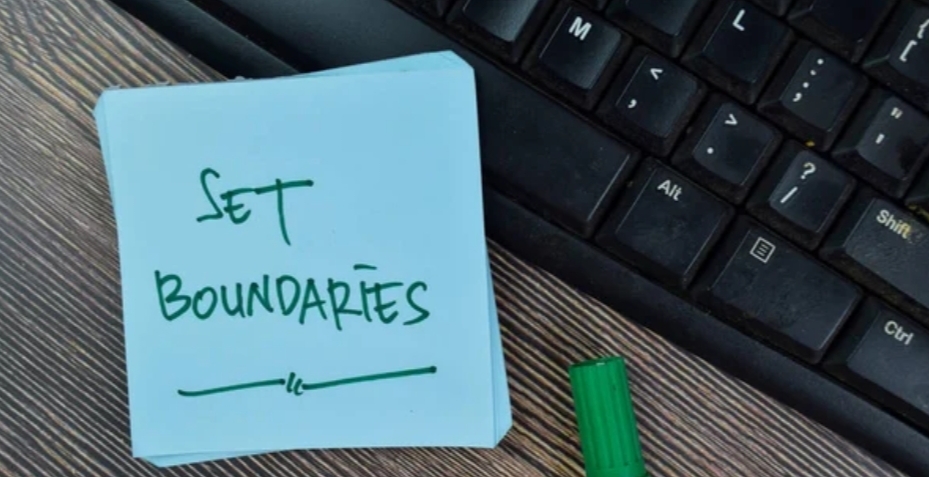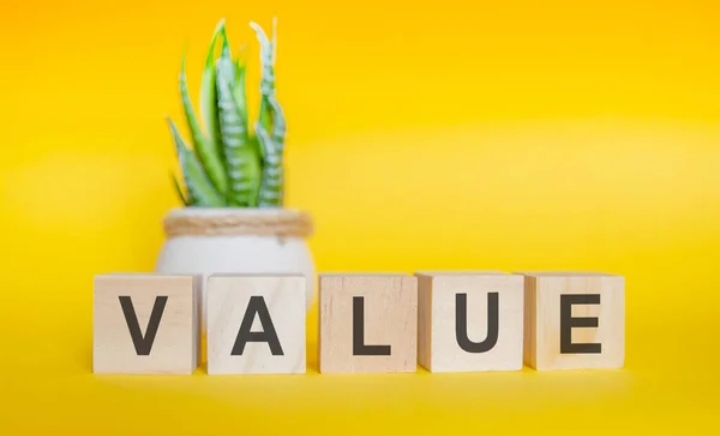
In life, it is often said that without risk, there is no reward. This age-old saying holds true in various aspects of our lives, whether it be in our careers, relationships, or personal growth. Taking risks is an essential part of achieving success and reaching our goals.
When we take risks, we are stepping outside of our comfort zone and pushing ourselves to do things that may be challenging or unfamiliar. This discomfort can be scary and intimidating, but it is also where growth and progress are made. By taking risks, we are opening ourselves up to new opportunities and experiences that we may not have encountered otherwise.
In our careers, taking risks can lead to advancement and success. Whether it be starting a new business, taking on a new project, or pursuing a career change, taking risks can lead to greater rewards and satisfaction in our professional lives. It can be daunting to step into the unknown, but without taking that first step, we may never know what we are truly capable of achieving.
In relationships, taking risks can lead to deeper connections and meaningful experiences. Opening up to others and being vulnerable can be scary, but its also essential for building strong and lasting relationships. By taking risks in our relationships, we are able to truly connect with others and experience the rewards of love, trust, and companionship.
Personal growth also requires taking risks. Stepping outside of our comfort zone and challenging ourselves to try new things can lead to self-discovery and personal development. By taking risks and facing our fears, we are able to grow and evolve into the best version of ourselves.
Of course, taking risks does not come without its challenges. There is always the possibility of failure or disappointment when taking risks. It is important to remember that failure is not the end of the road. Failure is simply a stepping stone on the path to success. Without taking risks, we may never experience the thrill of victory. It is through our failures and setbacks that we learn and grow, ultimately leading us closer to our goals.
Therefore, without risk, there is no reward. Taking risks is essential for growth, success, and fulfillment in life. So, the next time you are faced with a challenging decision or an opportunity that pushes you outside of your comfort zone, remember that taking risks is the key to unlocking your full potential and achieving your dreams. Embrace the uncertainty and the unknown, and you may just be surprised at the rewards that await you.










